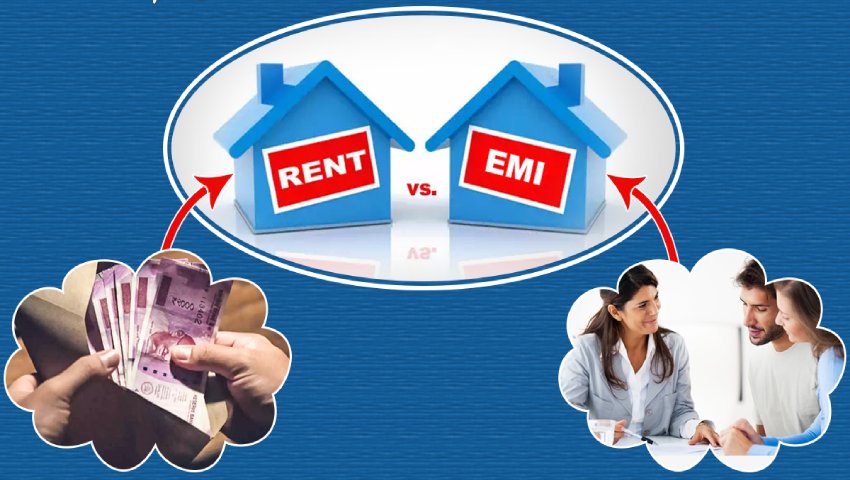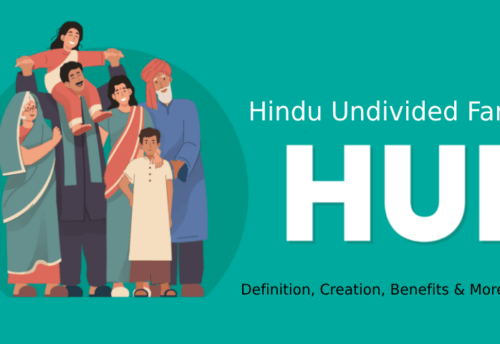
- 21/04/2025
- MyFinanceGyan
- 75 Views
- 3 Likes
- Finance
Home Loan EMI vs. Renting: Which is Better?
If you’re in your 30s or 40s, you might be thinking: Should I buy a home or continue living on rent?
This is not a straightforward decision. Both options have their own pros and cons, and what works for one person may not work for another.
Many people try to compare both using calculations and spreadsheets. But let’s be honest — buying a home is often more of an emotional decision than a logical one. Even if we try to think practically, our feelings play a big role.
A “home” means different things to different people.
For example:
- Someone who grew up moving from city to city might want to settle down and buy a home soon.
- Another person who has lived in the same city all their life might want to explore and may prefer to keep renting.
So, whether to buy or rent depends on your age, income, lifestyle, job stability, goals, and personal views.
Let’s look at both sides to help you decide what might be better for you.
Benefits of Buying a Home with a Loan:
You’re Building an Asset:
- When you take a home loan, you’re buying something valuable. Even if you live in it, the home can become an asset in the long run — especially if you later rent it out and earn from it.
Stability:
- Owning a home gives you a sense of stability. You don’t have to worry about changing houses often. It also helps in long-term planning like your child’s education.
Rents are Rising:
- Rents in big cities have gone up a lot — in some places by over 30% in just one year! Because of this, paying a home loan EMI and paying rent may now cost almost the same.
Good for Retirement:
- If you buy a home in your 30s or 40s, you can finish the loan before you retire. That way, you won’t have to pay rent after retirement.
Future Inheritance:
- Your home can be passed on to your children. If they stay in the same city, they won’t need to buy a house of their own.
Emotional Satisfaction:
- Owning your own home feels good. It gives you pride and a sense of security. You can decorate or renovate it however you like, without asking a landlord.
Reverse Mortgage Option:
- A reverse mortgage lets retired people earn money every month from their home. The bank pays you a monthly amount, and the home goes to the bank after your passing (unless your children choose to repay and keep it). This is still new in India, but it can help retirees financially.
Benefits of Renting a House:
Flexibility:
- Renting is a good choice if you don’t plan to live in one city for long. It gives you the freedom to move easily.
Lower Initial Cost:
- Renting is easier on your pocket in the beginning. You don’t need to arrange a big amount like a down payment or worry about home loan processing fees. Also, remember that home loans come with high interest. For example, on a ₹2 crore loan for 20 years at 8.75%, you’ll pay ₹2.24 crore in interest — more than the actual loan!
No Maintenance Worries:
- When you rent, the landlord usually pays for maintenance and repairs. Over time, this can save you a lot of money.
Conclusion:
Buying vs. renting is a personal choice.
Think about:
- Your current financial condition
- Job and lifestyle
- Future goals and family needs
There’s no one-size-fits-all answer. Take time, understand your situation, and then make the right decision for yourself and your family.
Note: This article is for educational purposes only. It reflects the author’s personal opinion and is not a recommendation for any product or service.



